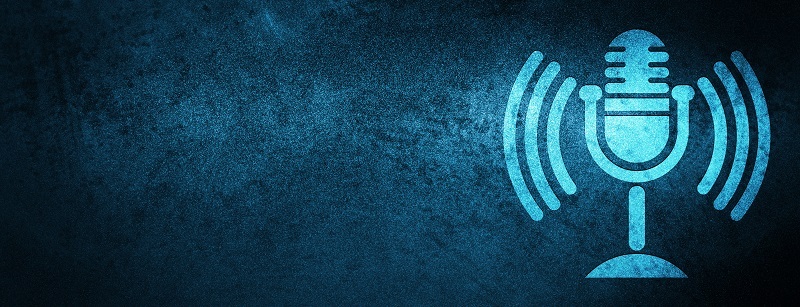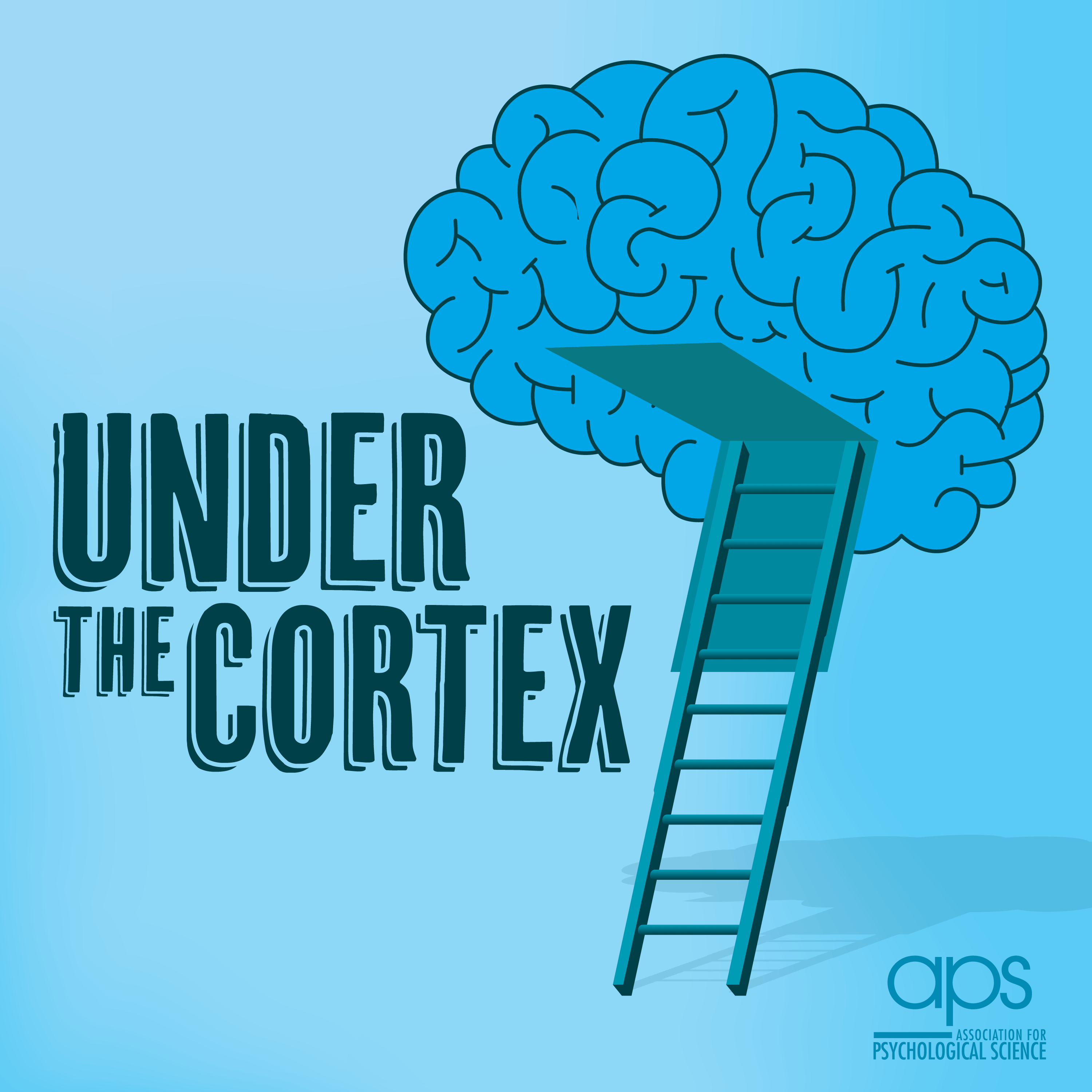
235.6K
Downloads
152
Episodes
The podcast of the Association for Psychological Science. What does science tell us about the way we think, behave, and learn about the world around us? Under the Cortex is proudly sponsored by Macmillan Learning Psychology, where captivating content meets genuine engagement. Our authors, who are seasoned educators, understand today’s teaching challenges. We aim to craft and present both information and interactive tools that truly connect with students. Whether in-person or online, we support instructors and inspire students. Macmillan Learning Psychology: Engaging Every Student, Supporting Every Instructor, Setting New Standards for Teaching and Learning.
The podcast of the Association for Psychological Science. What does science tell us about the way we think, behave, and learn about the world around us? Under the Cortex is proudly sponsored by Macmillan Learning Psychology, where captivating content meets genuine engagement. Our authors, who are seasoned educators, understand today’s teaching challenges. We aim to craft and present both information and interactive tools that truly connect with students. Whether in-person or online, we support instructors and inspire students. Macmillan Learning Psychology: Engaging Every Student, Supporting Every Instructor, Setting New Standards for Teaching and Learning.
Episodes
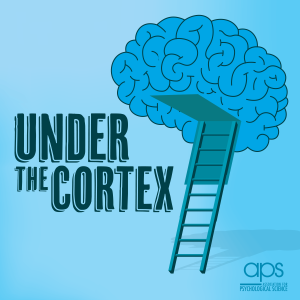
Thursday Jun 13, 2024
Navigating Regret in Decision-Making
Thursday Jun 13, 2024
Thursday Jun 13, 2024
In this episode, Under the Cortex features William Ryan from UC Berkeley and Stephen Baum from Washington University in St. Louis who recently published an article on this topic in APS’s journal Psychological Science.
APS’s Özge Gürcanlı Fischer Baum chats with Ryan and Baum about their new article on how regret impacts risk taking and financial decision making. They also discuss what researchers mean when they talk about logical decisions and how that differs from how it is colloquially used.
If you're interested in learning more about this research, visit psychologicalscience.org.
Send us your thoughts and questions at underthecortex@psychologicalscience.org.

Thursday May 30, 2024
Is Everyone Out to Get Me? Paranoia in Social Interactions
Thursday May 30, 2024
Thursday May 30, 2024
In this episode, Under the Cortex hosts Michal Hajdúk from Comenius University Bratislava, Sohee Park from Vanderbilt University, and Amy Pinkham from The University of Texas, Dallas about their new paper in Clinical Psychological Science titled “Paranoia: From Passive Social-Threat Perception to Misattunement in Social Interaction.” The conversation with APS’s Özge G. Fischer-Baum starts with what paranoia is in a clinical context and how it differs from the use of paranoia in an everyday context. They also discuss proposed improvements for how to clinically test the social impacts of paranoia.
If you want to know more about this research, visit psychologicalscience.org.
Send us your thoughts and questions at underthecortex@psychologicalscience.org.

Thursday May 16, 2024
Allergies or Sickness? Unraveling the Mystery of Concealing Infectious Diseases
Thursday May 16, 2024
Thursday May 16, 2024
What do you think when people stay quiet about infectious situations? Is it just a small white lie?
In this episode, Under the Cortex hosts Wilson Merrell to discuss his new paper in Psychological Science titled “When and Why People Conceal Infectious Disease.” The conversation with APS’s Özge G. Fischer Baum reviews what disease concealment looks like and the factors that contribute to when people do it. Merrell highlights that 75% of US adult participants report concealing infectious illness from others and discusses the potential social pressures that might influence this decision.
To learn more about this research, visit psychologicalscience.org.
Send us your thoughts and questions at underthecortex@psychologicalscience.org.

Thursday May 02, 2024
Desire Dynamics: Navigating Intimacy and Attraction in Relationships
Thursday May 02, 2024
Thursday May 02, 2024
Many studies show that sexual attraction in long-term relationships decreases over time. Is this decline inevitable? Are we doomed to be not as into our partners as we were in the honeymoon period? Can we get too close to our partners?
APS’s Özge Gürcanlı Fischer Baum interviews relationship expert Amy Muise from York University to answer these questions. Muise’s recently published work in APS’s journal Current Directions in Psychological Science addresses when and how closeness with our partners forms and declines over time. Muise shares a new development in relationship research on how to maintain desire in relationships. Together, Fischer Baum and Muise discuss the importance of cultivating an individual identity alongside intimacy within a relationship to sustain attraction over time.
If you're interested in learning more about this research, visit psychologicalscience.org.
Send us your thoughts and questions at underthecortex@psychologicalscience.org.

Thursday Apr 18, 2024
Shaping Kinder Kids Through Parental Example
Thursday Apr 18, 2024
Thursday Apr 18, 2024
Children absorb much from their environments. Although the impact of parental conflicts and fights on children has been greatly studied, the impact of positivity has yet to fully be explored.
In this episode, Under the Cortex features Brian Don from the University of Auckland who recently published an article on this topic in APS’s journal Perspectives on Psychological Science.
APS’s Özge Gürcanlı Fischer Baum chats with Don about his new theory, the Interparental Positivity Spillover Theory. Don shares his thoughts on how this theory suggests that when kids witness their parents engaging in warm and positive interactions, it could have a positive effect on the children themselves.
If you're interested in learning more about this research, visit psychologicalscience.org.
Send us your thoughts and questions at underthecortex@psychologicalscience.org.

Thursday Apr 04, 2024
Parental Engagement Enhances Children’s Therapy Experience and Outcomes
Thursday Apr 04, 2024
Thursday Apr 04, 2024
Anxiety is common in children. What methods effectively alleviate their anxiety? How do parents influence the treatment process? Can parents positively affect the treatment outcomes?
In this episode, Under the Cortex features Wendy K. Silverman from Yale University School of Medicine and Jeremy W. Pettit from Florida International University who have recently published an article on this topic in APS’s journal Clinical Psychological Science.
Özge Gürcanlı Fischer Baum starts the conversation with the history of anxiety and therapy in children. Silverman highlights how our current understanding and approach to the mental well-being of children have changed over the decades. As one of the leading researchers in the field, she explains how she established her research program from scratch and emphasizes the role of parental involvement in children’s therapy process.
If you're interested in learning more about this research, visit psychologicalscience.org.
Do you have questions and suggestions for us? Please reach us at underthecortex@psychologicalscience.org

Thursday Mar 21, 2024
Twisted Tales: Unraveling the Surprising Benefits of Irony
Thursday Mar 21, 2024
Thursday Mar 21, 2024
Using irony is a common practice in everyday speech. What’s the main purpose of doing so? What skills are necessary to best understand irony?
In this episode, Under the Cortex features Penny Pexman from Western University. The conversation with Özge Gürcanlı Fischer Baum raises questions about the cognitive, social and emotional benefits of verbal irony. According to Pexman’s research published in APS’s journal Current Directions, cognitive flexibility and emotion recognition are crucial aspects that underlie the processing of sarcastic speech. Despite its reputation of being a negative practice, verbal irony shapes social relationships and enhances cognitive skills.
If you're interested in learning more about this research, visit psychologicalscience.org.

Thursday Mar 07, 2024
What Comes Next? The Joy of Anticipating Melodies
Thursday Mar 07, 2024
Thursday Mar 07, 2024
Are you passionate about music? As we explore new songs, part of the excitement comes from successfully predicting their outcomes, as suggested by scientific research.
In this episode of Under the Cortex, APS’s Özge Gürcanlı Fischer Baum hosts music researchers who delve into the rewarding experience of accurately predicting tunes. Nicholas Kathios and Psyche Loui from Northeastern University, along with Matthew Sachs from Columbia University, discuss their recently published article in Psychological Science. The group explores the underlying mechanisms behind music enjoyment and melody anticipation.
If you're interested in learning more about this research, visit psychologicalscience.org.
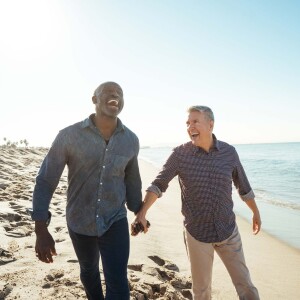
Thursday Feb 22, 2024
Couples Who Laugh Together, Stay Together
Thursday Feb 22, 2024
Thursday Feb 22, 2024
Have you ever found yourself wondering if someone you're interested in feels the same way about you? If they laugh at your jokes, recent research suggests that it might be a sign that they're into you.
In this episode, Under the Cortex hosts Norman Li and Kenneth Tan from Singapore Management University about their new paper in Psychological Science titled “The role of humor production and perception in the daily life of couples: An interest-indicator perspective.”
APS’s Özge G. Fischer-Baum kicks off the discussion by asking questions about how humor plays a part in building and keeping relationships alive. Li and Tan illuminate how the mutual creation and enjoyment of humor serve as crucial markers of relational well-being.
If you want to know more about this research, visit psychologicalscience.org.
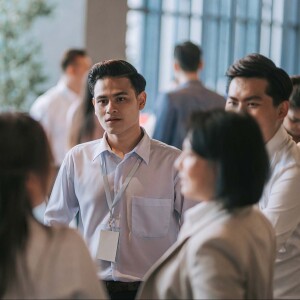
Thursday Feb 08, 2024
Community Engagement in Psychological Research
Thursday Feb 08, 2024
Thursday Feb 08, 2024
What are the important considerations that researchers should take when they work with underrepresented communities?
In this episode, Under the Cortex hosts Patricia Rodriguez Espinosa and Luz Garcini in follow up to their thought-provoking appearance in APS’s Science for Society Webinar, “Helping Underrepresented Populations Through Community-Oriented Research.” Dr. Rodriguez Espinosa, PhD., MPH, is a native of Habana, Cuba, and a clinical psychologist by training. She is an Assistant Professor in the Department of Epidemiology and Population Health and also serves as the Associate Director of Research for the Office of Community Engagement at Stanford Medicine. The goal of her research is to decrease health inequities among racial/ethnic minority populations, particularly Latinx and immigrant communities, through transdisciplinary and community-engaged scholarship. Dr. Luz Garcini is the Interim Director of the Center for Community and Public Health at the Kinder Institute for Urban Research, an Assistant Professor in the Department of Psychological Sciences, and a faculty scholar at the Baker Institute for Public Policy at Rice University. Her research focuses on identifying, understanding, and addressing the health needs of historically marginalized communities from a community-engaged approach.
As experts in the field, Espinosa and Garcini share their ideas and best practices about how to center community voices in psychological research. The conversation with Özge G. Fischer-Baum highlights why such efforts are important for meaningful research with marginalized groups. Conducting research in a manner that involves the community and provides direct avenues for them to be empowered through new knowledge or addressing their needs allows research to have a more bi-directional benefit.
If you want to know more about this research, visit https://www.psychologicalscience.org/observer/community-research
